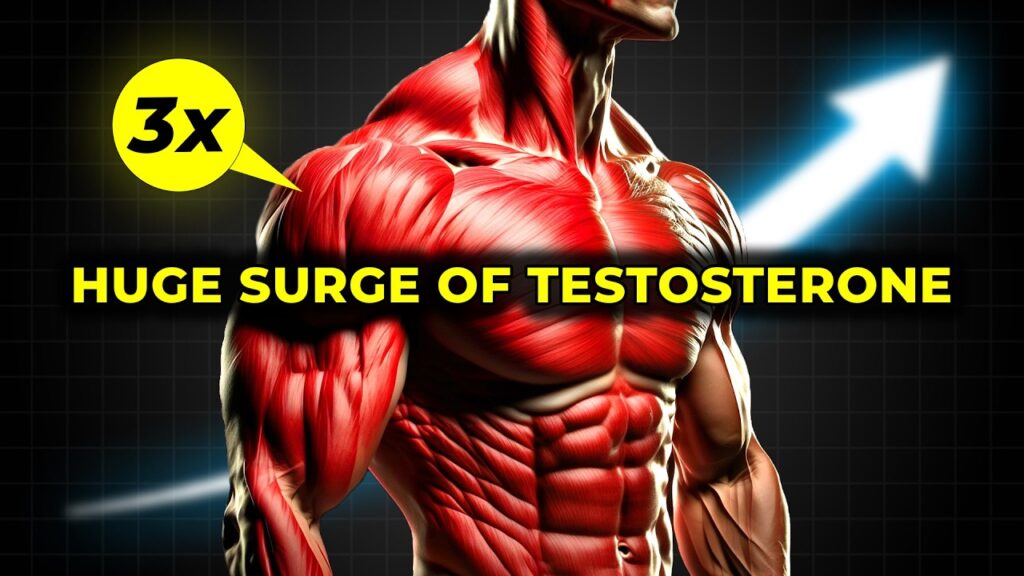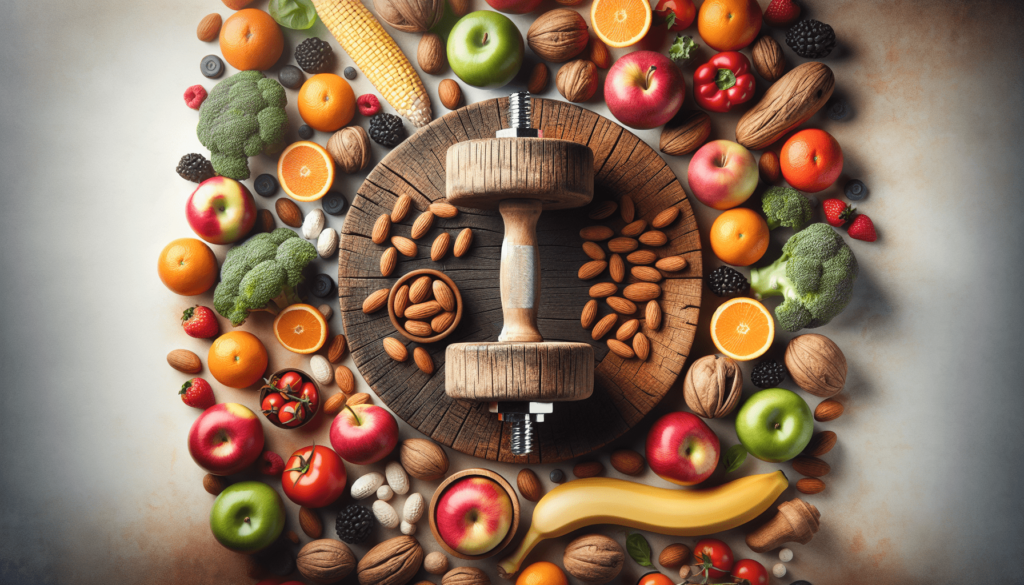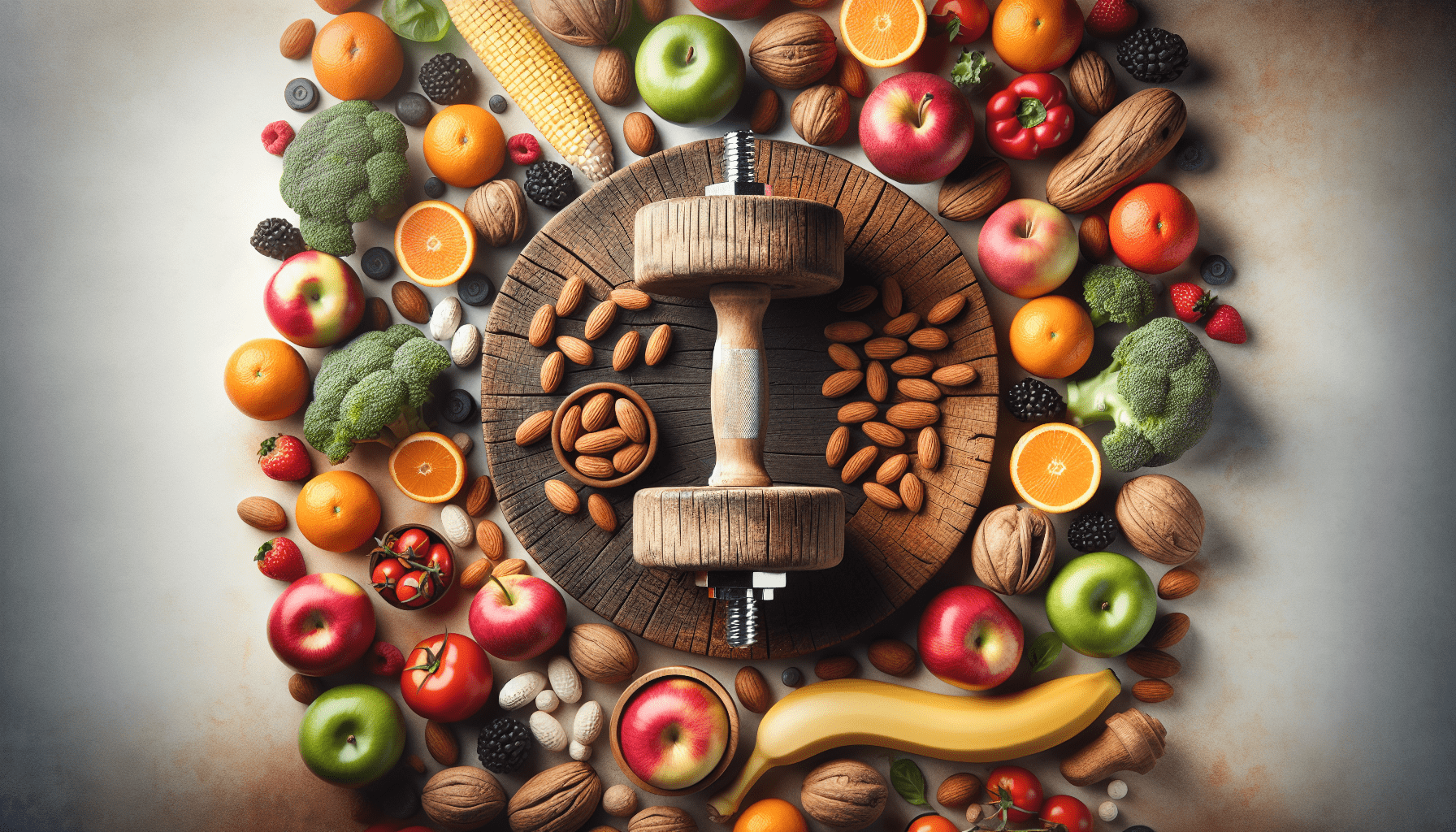So, how can you increase your testosterone levels naturally? Let’s talk about testosterone. This vital hormone plays a key role in building muscle mass, burning fat, and libido. By the end of this article, you’ll be packed with actionable tips that you can start incorporating into your daily routine right now. We’ll cover everything from the best foods and essential vitamins to specific exercises and good habits that naturally boost your testosterone levels. Did you know that over the last few decades, average testosterone levels in men have been steadily declining? In fact, studies suggest that men today may have 15% to 20% lower testosterone levels than men the same age a few decades ago. But it’s not just important for those hitting the gym; it’s essential for general well-being.
Now let’s talk about the things that affect your levels of testosterone in your body, starting with your diet. Dietary fats, such as those found in fatty fish like salmon, mackerel, and sardines, are crucial for testosterone production. Leafy greens, pomegranates, ginger, and onions are also excellent choices to include in your meals to naturally boost your testosterone levels. In addition to diet, vitamins and supplements play a vital role in testosterone production. Ensuring you have sufficient levels of vitamin D, zinc, and magnesium can significantly enhance your body’s ability to produce testosterone naturally. High-quality supplementation may also be necessary, especially for athletes who may have trouble reaching recommended nutrient levels through diet alone. Start by addressing your diet, getting your levels checked, and considering supplementation to optimize your testosterone levels and improve your overall health.

Importance of Testosterone
Testosterone is a vital hormone that plays a crucial role in building muscle mass, burning fat, and maintaining libido. It is not only essential for those who are actively hitting the gym but also crucial for overall well-being. Having adequate testosterone levels can significantly impact your health, energy levels, and quality of life. Thus, understanding the importance of testosterone and taking steps to optimize its production is key to maximizing gains and achieving optimal health.
Impact of Declining Testosterone Levels
Over the past few decades, average testosterone levels in men have been on the decline. Studies suggest that men today may have 15% to 20% lower testosterone levels than men of the same age a few decades ago. This decline can have significant effects on muscle growth, fat loss, and sexual health. Lower testosterone levels can lead to decreased muscle mass, increased body fat, reduced energy levels, and a decline in sexual desire. Addressing declining testosterone levels is crucial for maintaining overall well-being and vitality.
Diet and Testosterone Levels
Your diet plays a critical role in influencing testosterone levels in your body. Certain foods have been shown to help boost testosterone levels naturally. Fatty fish, such as salmon, mackerel, and sardines, are rich in omega-3 fatty acids, which are essential for testosterone production. Leafy greens like spinach and Swiss chard are high in magnesium, a mineral that correlates with higher testosterone levels. Pomegranates are known for reducing stress and increasing testosterone levels. Foods like ginger and onions contain antioxidants that support heart health and aid in boosting testosterone levels. By incorporating these testosterone-boosting foods into your daily diet, you can help optimize your hormone production and overall health.
Vitamins and Minerals for Testosterone
In addition to a healthy diet, specific vitamins and minerals play a crucial role in testosterone production. Vitamin D, often called the sunshine vitamin, has been linked to higher testosterone levels. Zinc is an essential mineral that plays a key role in hormone production, including testosterone. Magnesium supports testosterone production by reducing oxidative stress in the body. While getting these nutrients from food sources is ideal, supplementation may be necessary to ensure adequate intake. High-quality supplementation, along with a well-balanced diet, can help enhance your body’s ability to produce testosterone naturally and support optimal hormone levels.

Exercise and Testosterone
Exercise is another important factor that can positively impact testosterone levels. Resistance training, such as lifting weights, is one of the most effective ways to boost testosterone levels. Exercises like squats and deadlifts, which involve large muscle groups, can stimulate testosterone production. High-intensity interval training (HIIT) is also beneficial for increasing testosterone levels and improving hormonal balance. The timing of exercise can play a role in optimizing testosterone levels, with studies suggesting that morning workouts may be ideal for maximizing hormonal responses. By incorporating resistance training, HIIT, and consistent exercise into your routine, you can help boost testosterone levels and promote overall health and well-being.
Lifestyle Habits for Testosterone Boost
In addition to diet and exercise, certain lifestyle habits can help elevate testosterone levels naturally. Quality sleep is essential for hormone production and overall health. Adequate rest and stress reduction techniques can also support optimal testosterone levels. Avoiding endocrine disruptors, such as certain chemicals found in plastics and personal care products, can help maintain hormonal balance. Developing good habits and consistency in your daily routine, such as regular exercise, nutritious meals, and stress management, can play a significant role in supporting hormonal health and overall well-being.

Benefits of Optimizing Testosterone Levels
Optimizing testosterone levels can offer numerous benefits for your health and well-being. By improving testosterone levels, you can enhance muscle growth, fat loss, and sexual health. Increasing protein intake is also important for maximizing gains and supporting overall health. Taking steps to boost testosterone levels naturally can lead to increased energy, vitality, and quality of life. By focusing on diet, exercise, and lifestyle habits that promote optimal testosterone production, you can achieve long-term benefits for your physical and emotional well-being.
